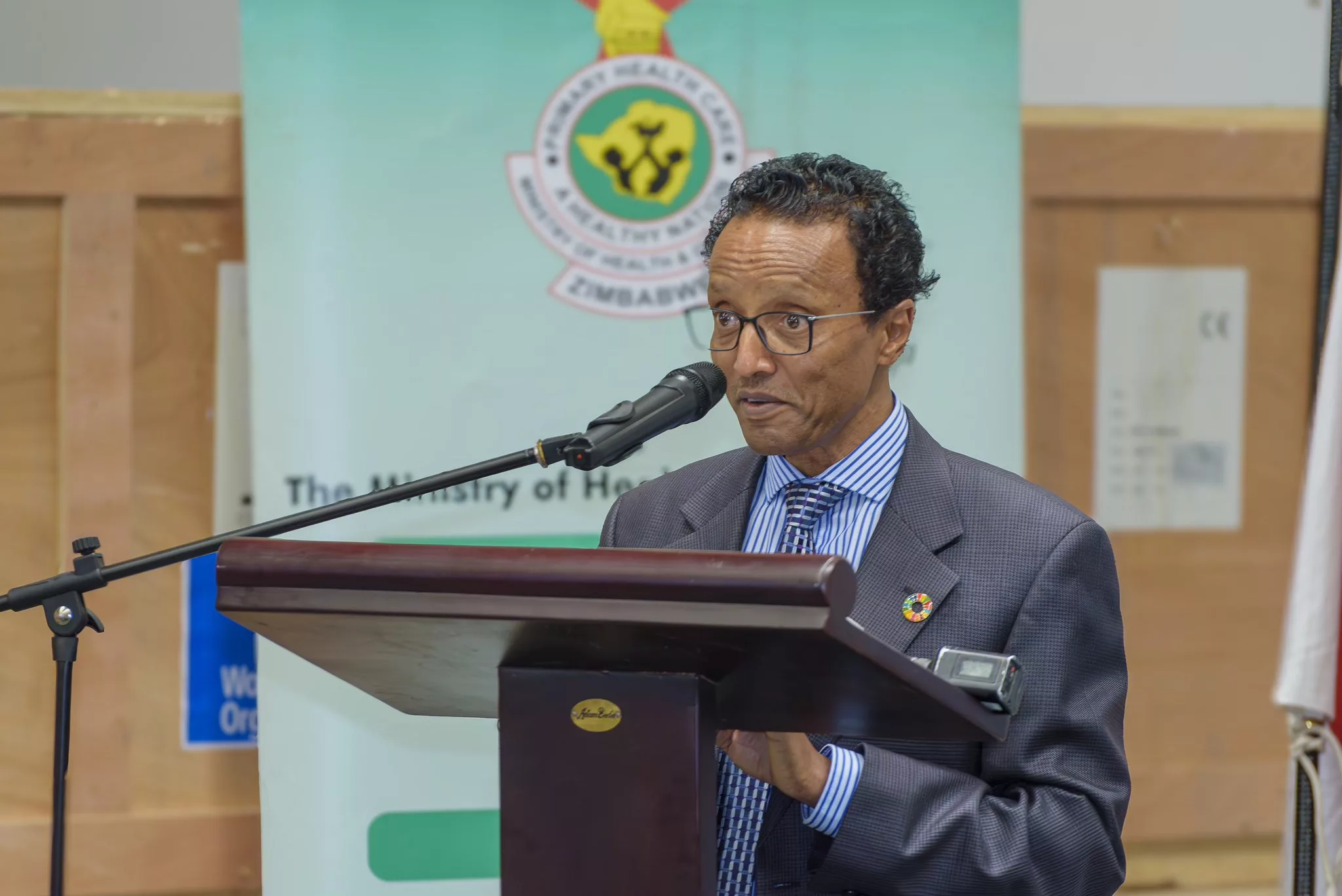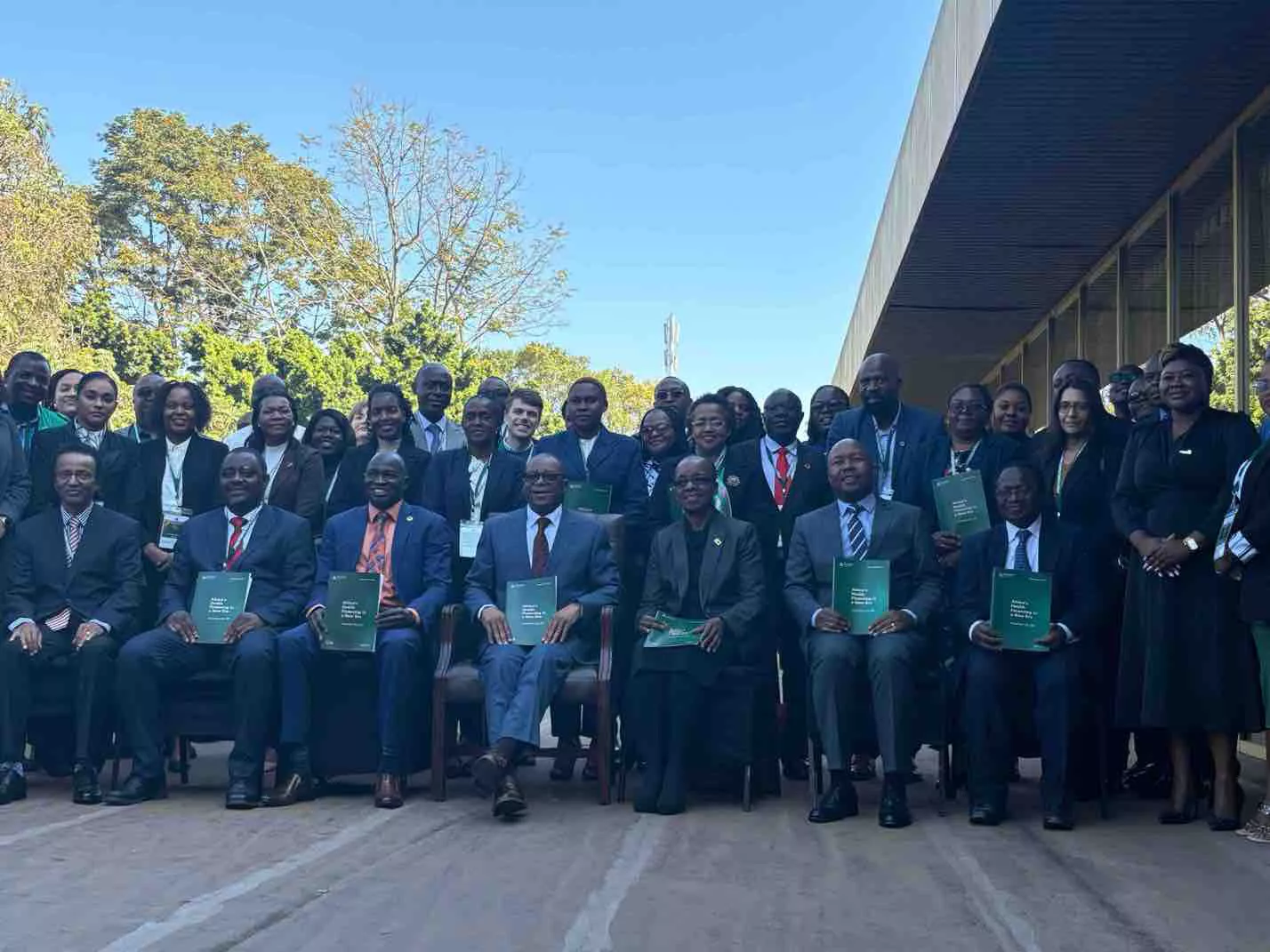New research examined online user experience and behaviour in the run up to the 2018 elections
A new research by the nonpartisan, independent think tank Advocates for Progress reveals Zimbabwean users of social media experience harm online and lack constitutionally guaranteed protections. Pearl Matibe, the author of the policy research said, “Zimbabwean users of social media are experiencing legitimate threats and perceived threats online. The government and society ought to consider the legitimate danger this activity engenders and what it says about the culture out of which these laws and the behavior arise. If the country’s laws are not sufficiently protecting fundamental Zimbabwean values, changes in public policy ought to be made.” She added, “This research is about the people of Zimbabwe and to find out if it’s ‘Open for Self-expression’.”
The research examined the pieces of legislation (post-Mugabe laws) that hamper online rights of citizens, Zimbabwean user experiences in a polarized and deeply toxic social media space ahead of the 2018 presidential, general and local elections. It seeks to address whether Zimbabweans speak out more, and if they do, do they experience censorship and is it in any way connected to their offline conduct. What are the current users’ perceptions on online freedom of speech and what are some of the presenting barriers to full political participation online, such as polarization and recrimination? It also examines users’ views on safety, especially the gendered views on online behavior. This issue is important given a number of researchers that point out that women feel less safe online than men which is also all the more important given the history of gender-based violence in the country, especially around the 2008 elections
Research Highlights
- 91% (about 65%) of the online survey respondents exercise caution on social media to protect themselves from government monitoring.
- In contrast, 35.09% (about 35%) of respondents indicate they have free speech online.
- More than 60% of the research interviewees think pseudonym social media accounts are on government payroll.
- 70% of the interview participants are not immune to cyber-harassment and showed an emotional vulnerability.
- 89% believe the ruling party blocks citizen online access to information (ruling party being synonymous with government)
- 67% have seen others (and/ or perceive) cyber-harassment, cyber-bullying as a threat on Zimbabwe’s Internet for peaceful opinions about the ruling government
- 60% censor what they say or post about the ruling government online for fear of the law
- 30% Have experienced being intimidated or “rakashwa” on social media
- 70% have experienced “kushora” on social media
This publication seeks to close a research gap by identifying current and emerging issues that call for public policy response, including:
- Political cyberbullying
- Political cyber-harassment
- Cyber-stalking
- Criminalization of speech
- State surveillance
It also examines the impact of the above on freedom of speech, for example, self-censorship and the impact of polarization on the realization of full political participation rights.
Key Discoveries
- Despite the annulment by the constitutional court of the insult laws, Zimbabweans entertain a fear of the law which in turn stands as a barrier to free expression including through self-censorship.
- Bullying and harassment in the course of political discussions (political cyberbullying, political cyber-harassment and cyber-stalking or intimidation) are contributing to a highly toxic and polarized online Zimbabwe society.
- The research confirms that automated scripts (software-generated texts) exist in Zimbabwe’s social network space to undermine and manipulate discussions.
- Online anonymity appears to have eroded the possibility of holding people accountable. Participants reported that malicious, toxic posts are an unresolved problem; they wished to experience safe engagement on social media.
- From a human rights standpoint, the Cyber-crime and Cyber-security Bill was largely viewed as a response to social media activity, to curtail freedom of expression, and for government to “legally” trespass on citizens’ privacy in the name of “national security.”
Matibe emphasized, “Zimbabweans’ rights are increasingly unfolding online as they do offline. Those fundamental rights can be threatened whether they are happening at Africa Unity Square, Harare or online. The government ought to make it easier for its social media users to understand what information they collect and why they collect it.”
Pertinent Questions This Research Does Not Answer
- How will the personalities of the perpetrators of intimidation be changed?
- Has the social media space exceeded the bounds of normal Zimbabwean social behavior?
- Do ISPs breach the trust of their internet subscribers? To what extent do users lack control over their own content and data?
The deep moral concern for Zimbabwe is the pervasive, invasive, political hate speech and its long-term impact.
Pertinent Questions to Ask (as a result of this research)
- Is cyberbullying being used as a partisan tool?
- Should the public not worry about government monitoring and tracking until the next arrest? Government’s intentions matter. The knowledge base, in general, of social media users, about what the government is or is not capable of doing is still unknown for many respondents and interviewees.
- Are ISPs in Zimbabwe an extension of the government?
The extent to which the government monitors and conducts surveillance of its citizenry and how it affects internet and social media behavior needs further study. The fact that “being watched” weighs greatly on and influences user behavior is without question.
Conclusions
The research concludes that:
- In a bid to maintain law and order, the incoming administration must make an audit of Zimbabwe’s laws a priority.
- Citizens who have no other means to publish find that social media is their primary place to broadcast. The Zimbabwean social media user, despite feeling “freer” since the “Mugabe Must Go” rally of 18 November 2017, still self-censors and censors others because they fear repercussions of the law. Zimbabwean behavior is negatively impacted by a highly toxic social media environment caused by policy, polarization, political cyberbullying, political cyber-harassment, and cyber-stalking.
- While the government may have well-intentioned or legitimate legislative restrictions, the perception that it may or will track individuals’ offline for what they do online should be addressed. Since social media platforms are emerging, expanding, and evolving as a broadcaster of news and a leader in content publishing, both government and civil society should be cognizant of this as they work on paths toward legislation. The social media user is now the gatekeeper of breaking news. Therefore, there should be a continuing open conversation on the relationship with government; it ought to be improved.
The Takeaway
The publication states:
“If Zimbabwe hopes — as it states in its Zimbabwe National Policy for Information and Communication Technology (ICT) 2016 – 2020 document — to ‘…achieve its enunciated vision of emerging as a united, strong, democratic, prosperous and egalitarian nation with a high quality of life for all by the year 2020…’ it will need to implement major legislative reforms to provide a safe online environment for its citizenry free from fear, surveillance, and restriction.”
Matibe reminded that, “Freedom and public policy are developing in an ever evolving digital age yet Zimbabwe, by the Parliament of Zimbabwe’s Research Department’s own admission, is vulnerable to cyber security attacks having reportedly suffered 37 government-related websites hacked between 2013 – 2016; Parliament, itself reportedly hacked in February 2016. On an issue as important as personal data, for example, if the Government of Zimbabwe can’t protect itself, how can the people of Zimbabwe trust that it protects them?”
We appreciate the intricacies and dynamics in passing laws that meet the various rights and offers protections for Zimbabwean users of social media. For a comprehensive approach that reduces infringement of constitutionally guaranteed rights including privacy, cyberbullying, cyber-harassment, cyber-stalking, hate speech, polarization and other harms detailed in the findings, the research makes specific recommendations that enhances public online safety, citizen freedoms, and hopes that Advocates for Progress can be a resource to Zimbabwe as it works through these challenging issues.
According to Advocates for Progress, research interviews were conducted between 18 November 2017 and June 15 2018 (381 personal interviews), and the online survey from 5 May to June 15, 2018 (1,449 respondents).
Asked about her work related to this project, Matibe had this to say:
“I work to enable communication and ensure the Internet and social media are a global resource space, open, accessible and free. It’s vital that Zimbabwe focuses on the specific opportunities and obstacles in the use of ICT; I’m passionate about championing the use of evidence-informed decision-making and research in ICT to advance liberty. How can what we learn from social media behavior improve the human condition? Not by imposing messages and messengers, but by providing data-driven evidence for future policy options, informing citizens and enabling government to implement fundamental freedom-focused public policy. ”
About Advocates for Progress
Advocates for Progress is a nonpartisan, nonprofit, independent, public-interest think tank whose mission is to work for individual freedom, limited, representative and transparent government. It’s a U.S. based nonprofit corporation. Follow @4ThinkTank on Facebook.






